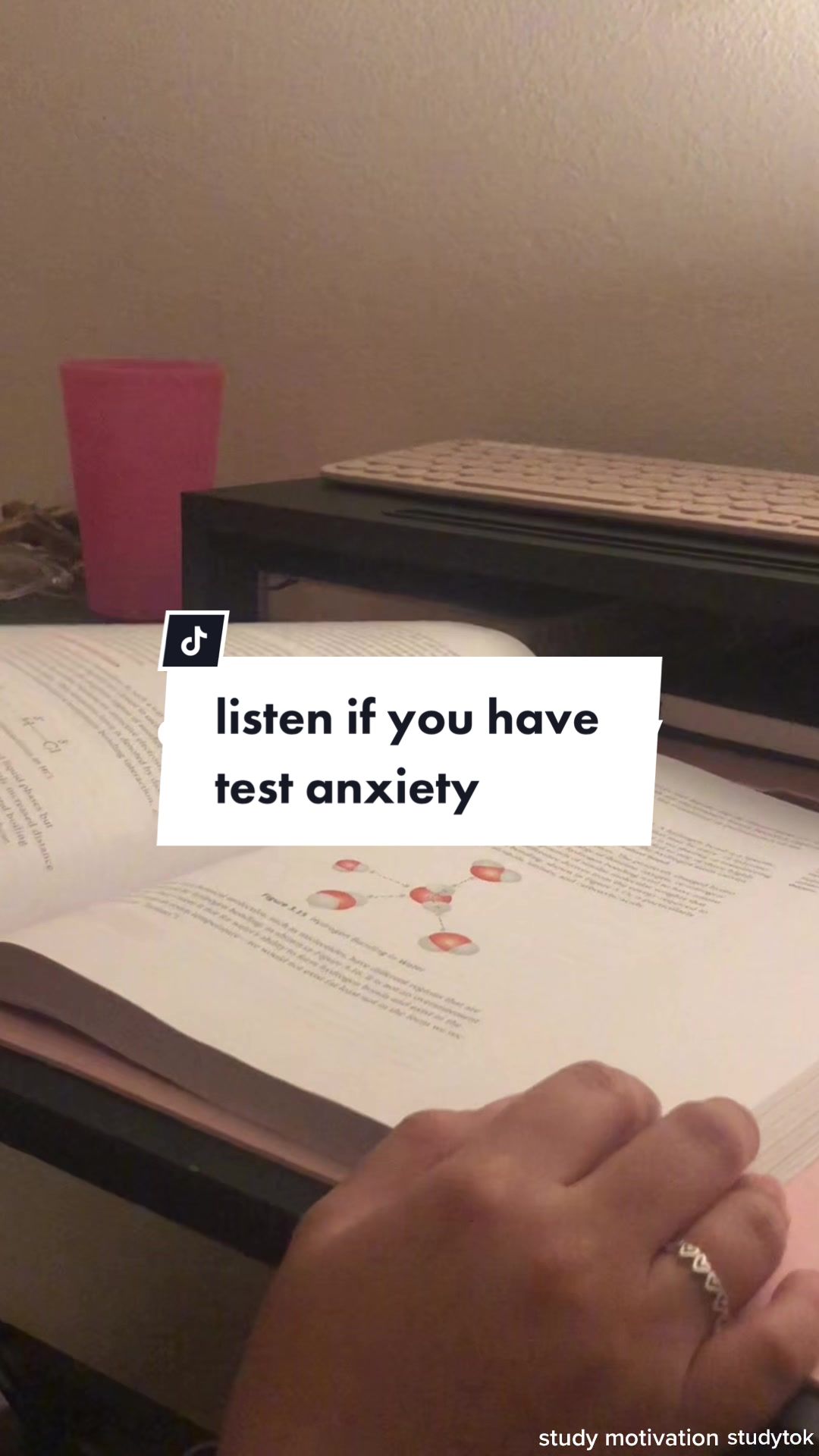
How to Handle Stress and Anxiety in College
College can be an exciting and challenging time in a person's life. However, it can also be a time of stress and anxiety as students juggle academics, work, social life, and personal responsibilities. It's important to learn how to manage and cope with stress and anxiety in college in order to maintain good mental and physical health.
Here are some tips for handling stress and anxiety in college:
- Set realistic goals: It's important to set achievable goals for yourself. This can help you stay focused and motivated, and reduce feelings of being overwhelmed.
- Take breaks: It's important to take breaks and give yourself time to relax and recharge. Whether it's going for a walk, reading a book, or practicing meditation, taking breaks can help reduce stress and anxiety.
- Seek support: Don't be afraid to seek support from friends, family, or campus resources. Talking to someone about your feelings can help you feel less alone and provide a fresh perspective.
- Get enough sleep: Lack of sleep can exacerbate feelings of stress and anxiety. Make sure to prioritize sleep and establish a regular sleep schedule.
- Practice time management: Learning how to manage your time effectively can help reduce stress. Use a planner or calendar to keep track of assignments, exams, and other important dates.
- Stay active: Exercise can be a great way to relieve stress and anxiety. Whether it's going for a run, taking a yoga class, or playing a sport, physical activity can improve your mood and reduce feelings of stress.
- Limit caffeine and alcohol: While it may be tempting to rely on caffeine or alcohol to cope with stress, these substances can actually worsen anxiety. Try to limit your consumption and focus on healthier coping mechanisms.
Conclusion
Managing stress and anxiety in college is an important skill that can benefit you long after graduation. By setting realistic goals, seeking support, and practicing self-care, you can reduce the impact of stress and anxiety on your college experience. Remember that it's okay to ask for help and prioritize your mental health.
